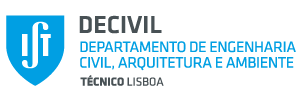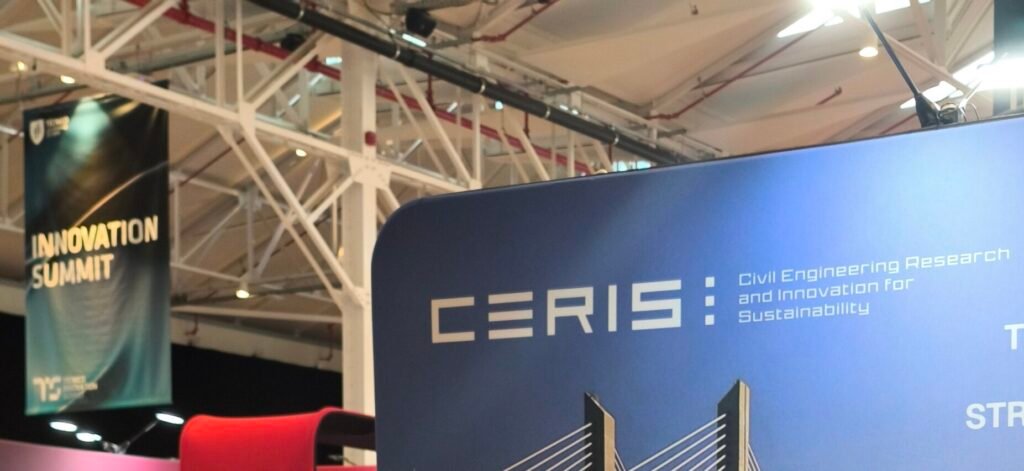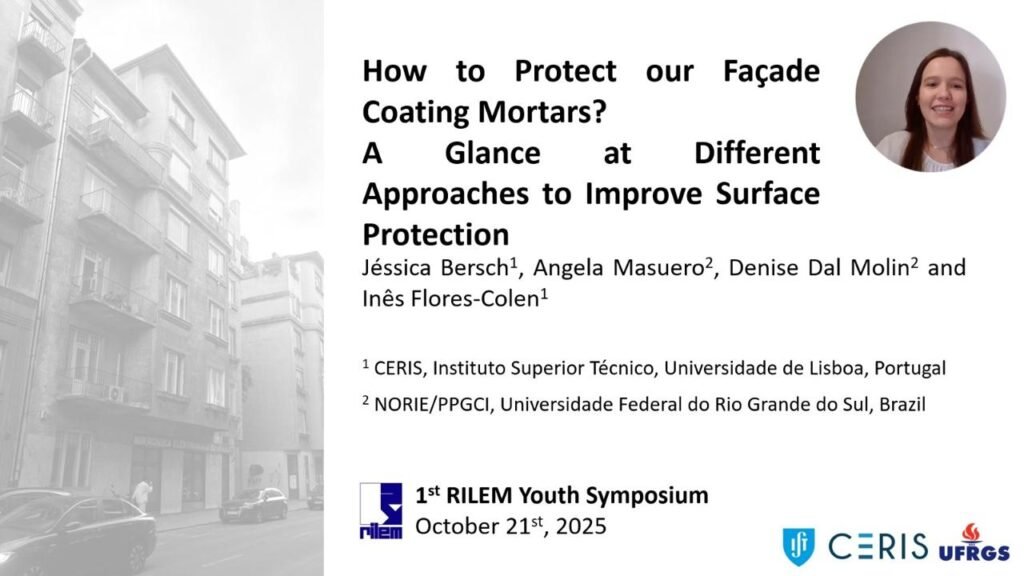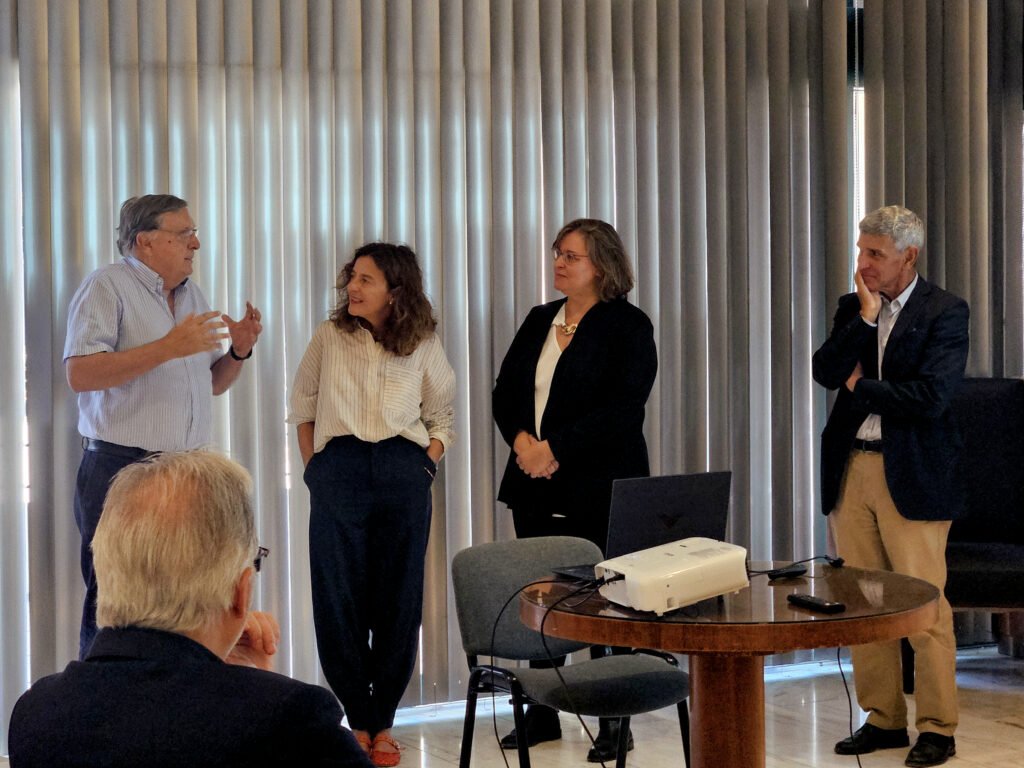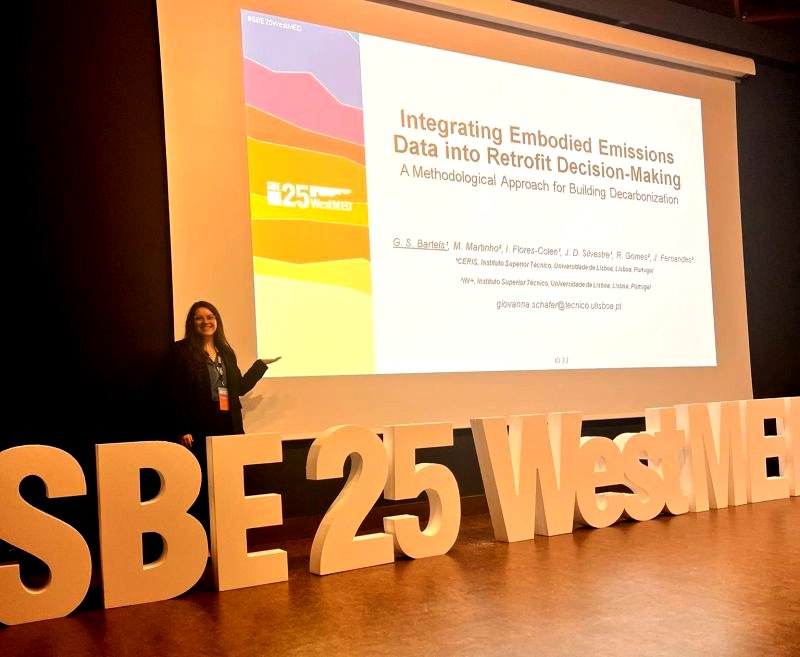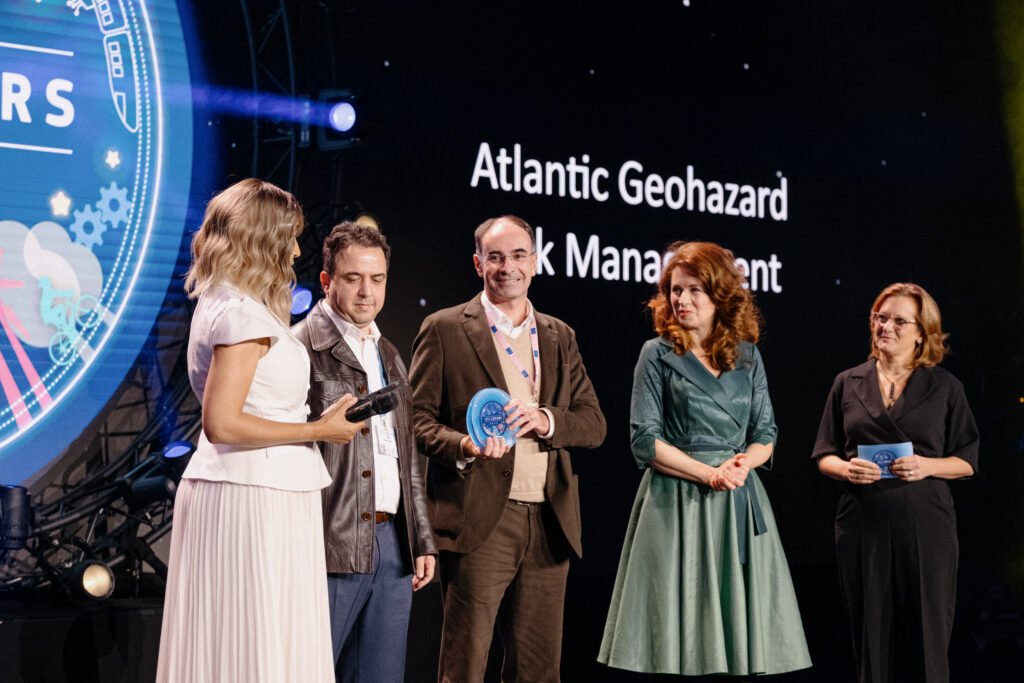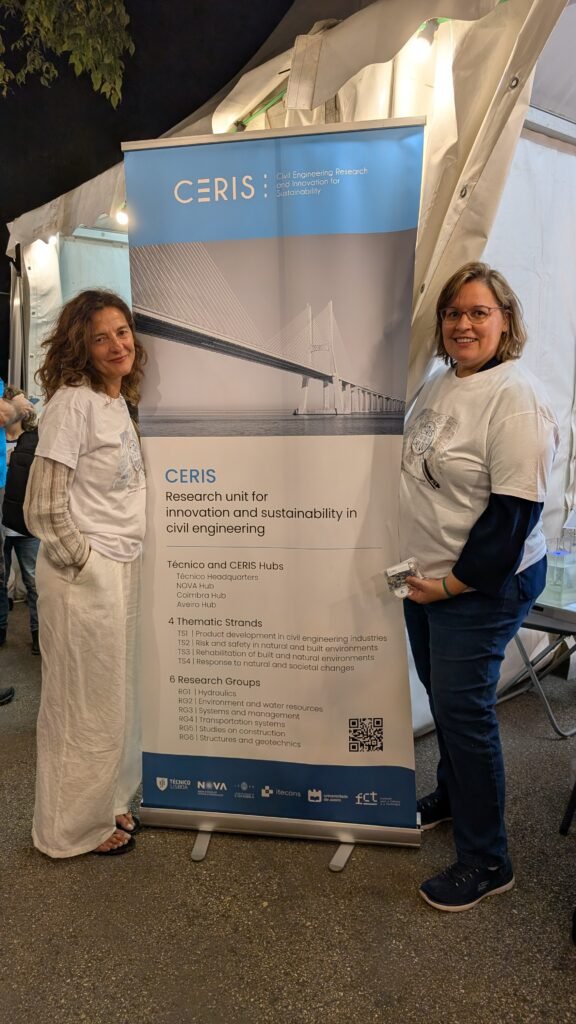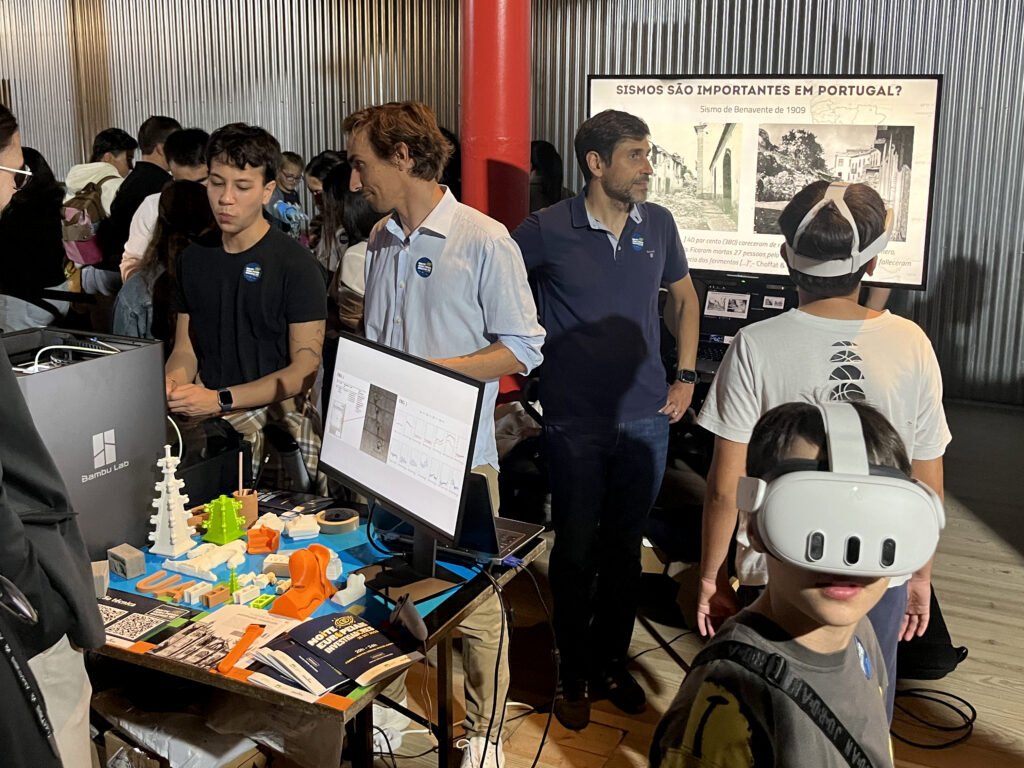News
CERIS contributing to development a strategic roadmap to combat coastal sand extraction in São Tomé and Príncipe

São Tomé and Príncipe – The government of São Tomé and Príncipe, with the support of the World Bank, has embarked on a crucial initiative to address the unsustainable extraction of coastal sand in the country. Professor Jorge De Brito from CERIS is co-leading the development of this pivotal “Basic Roadmap for Minimizing Coastal Sand Extraction.”
The extraction of sand has long posed significant environmental and economic challenges globally, but the situation in São Tomé and Príncipe is particularly severe. The island nation’s remote location makes it both expensive and logistically challenging to import sand from neighboring countries. This has led to widespread informal sand mining operations, often on local beaches, exacerbating vulnerabilities to flooding and damaging vital tourism assets such as beaches and local biodiversity.
The newly developed roadmap seeks to mitigate these issues by providing a strategic and practical framework for reducing coastal sand extraction and ensuring the use of higher-quality raw materials in construction. The proposed measures aim to address the immediate and long-term impacts of sand mining, offering a balanced approach that aligns with international best practices.
Key components of the roadmap include a mix of legal and institutional reforms, market policy adjustments, and enhancements in the capacity and diversification of the private sector. The roadmap also emphasizes the need for detailed technical studies to ensure the sustainability of operations such as marine dredging and to minimize their environmental impact.
The initiative reflects a commitment to preserving São Tomé and Príncipe’s natural resources while supporting sustainable economic development. By adopting this roadmap, the government and stakeholders aim to safeguard the country’s coastal areas and enhance the resilience of local communities against environmental and economic challenges. Full Report
